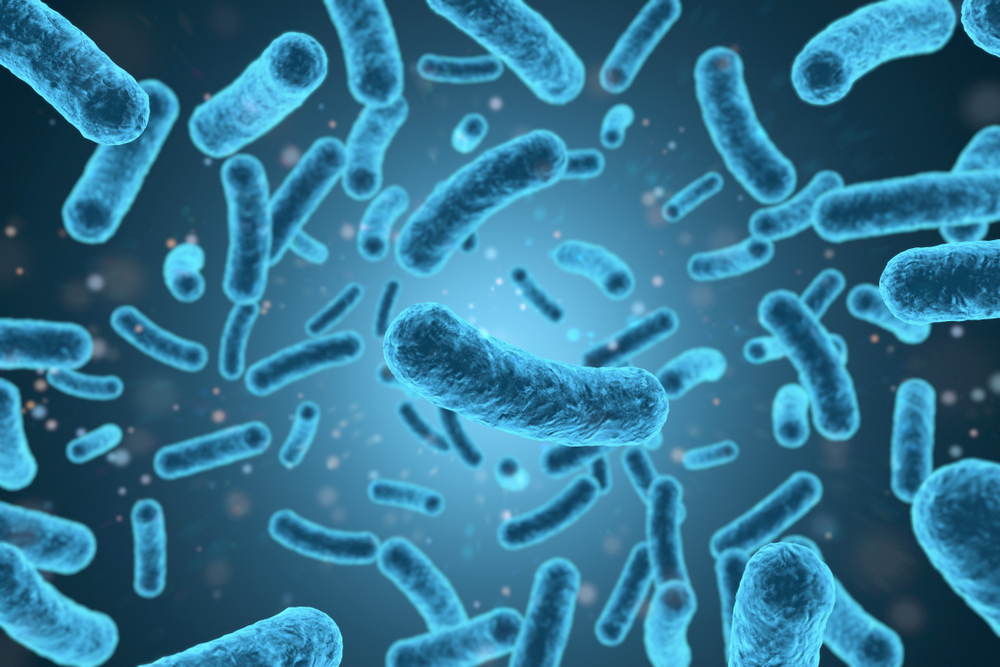RENIBACTERIUM SALMONINARUM CELLS, HEAT-INACTIVATED
Heat-killed Renibacterium salmoninarum cells in dextran solution. Antigen is intended for use as a positive control in immunoassay development for Renibacterium detection.
PRODUCT DETAILS – RENIBACTERIUM SALMONINARUM CELLS, HEAT-INACTIVATED
- Renibacterium salmoninarum cells, genus specific in dextran solution.
- Part of the BacTrace® range of antigens and antibodies.
- This product is ideally suited for use as a positive control in immunoassays designed for the detection of Renibacterium. It provides verification of the functionality of the assay system.
- Product is considered non-hazardous as defined by The Hazard Communication Standard (29 CFR 1910.1200).
BACKGROUND
Renibacterium salmoninarum is the causative agent of bacterial kidney disease (BKD), an important disease, particularly in salmonid fish worldwide. The bacteria can be transmitted both vertically and horizontally. Wild and cultured salmonids can be affected by R. salmoninarum at all stages of life and it has a serious impact on the salmonid industry. R. salmoninarum has been associated with mortalities as high as 80% in Pacific salmon (Oncorhynchus spp.) and 40% in Atlantic salmon (Salmo salar). In some extreme cases, daily mortality rates as high as 5% have been reported, mostly in juvenile salmons 6 to 12 months old and pre-spawning adults. Control of the disease is difficult; the presence of asymptomatic carriers complicates the eradication of the disease, as does the ability of the bacterium to gain entrance inside the eggs. Bacterin-killed vaccines have proven to be of doubtful efficacy in controlling the disease, and even more recent application of a virulent environmental relative of R. salmoninarum is of limited efficacy. Treatment by antibiotics such as erythromycin, azithromycin and enrofloxacin can be effective but it is slow and requires prolonged treatment. Antibiotic-resistant strains have also been reported (Delghandi et al., 2020).
REFERENCES
- Delghandi MR, El-Matbouli M, Menanteau-Ledouble S. Renibacterium salmoninarum-The Causative Agent of Bacterial Kidney Disease in Salmonid Fish. Pathogens. 2020;9(10):845. Published 2020 Oct 15. doi:10.3390/pathogens9100845.

